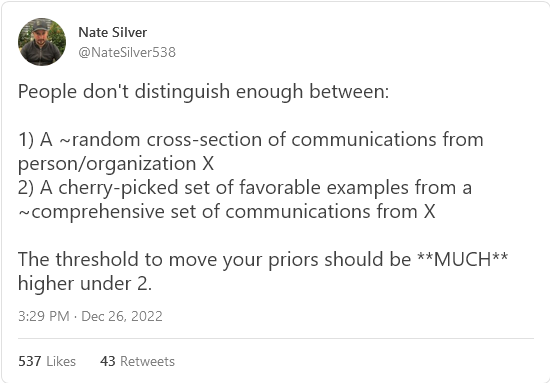Chris Bray wraps up several earlier posts here in “Victory in the Moments”:
We see the implosion of a country that has worked well, and of a culture that has worked well. We see that things that have worked are moving hard toward being things that don’t work. Marriage and family connections are declining sharply, birthrates are plummeting, Americans are surviving on their credit cards, colleges provide increasingly little education at an increasingly absurd cost, a staggeringly expensive military is becoming functionally ineffective, public health measures reverse the health of the public. See also Darren Beattie on the Ricky Vaughn trial, or Vincent Floyd’s description of teaching woke students as a black professor who got the full Cultural Revolution treatment, or the FBI’s intel memo warning that traditional Catholicism is terrorism-adjacent, or the disgusting whistleblower revelations coming out of the evil human slaughterhouse of a pediatric gender-affirmation clinic, or Christopher Buskirk’s essay on “An Age of Decay”. Yes: evil prevails, and decline is here.
In response, the national political class and its courtiers in the “mainstream” political press offer Dr. Seuss stories like BUZZ GROWS AROUND KLOBUCHAR, completely meaningless gibbering that doesn’t have anything to do with anything. Clearly, no help is coming, and no rescue operation is being organized. Institutions are fully self-interested, working solely on capturing their share of a shrinking pie. Financialization and performativity prevail over operational function.
However.
I wrote earlier this week about the recent appearance of startling runway near-misses, and about a warning from a longtime pilot that those kinds of incidents are becoming more common. But wind the tape back a bit: Commercial aviation is emerging from, or arguably still in, a long-period of historically astonishing safety. You’ll find a chart here of safety data from US airlines over the last couple of decades. That number in the center with the decimal point represents fatal accidents per 100,000 departures:
Why?
Flying is inherently dangerous; the early American pilot Ernest Gann, who flew mail routes by dropping out of the clouds to look for highway intersections with a road map on his lap (and navigated from California to Hawaii by flying an azimuth, counting elapsed hours, and checking his math with a sextant), titled his memoirs Fate is the Hunter, and opened the book with a pages-long dedication to all of his dead colleagues.
Politics didn’t solve much of anything. The long path to shockingly safe commercial aviation mostly didn’t pass through Congress, though they’d probably be willing to take credit for it. Flying didn’t become safer because Elizabeth Warren said so. Instead, pilots got better at teaching pilots how to fly safely, and working together as crews, and airlines developed better maintenance practices, and airports and airlines improved technology and procedures. Researchers and regulators played a significant role, but pilots didn’t work on making flying safer because the government made them — they made flying safer so they’d be less likely to kill people, in an expression of professionalism and craft. The airline industry adopted CRM, and then later the FAA mandated it.
Who made commercial aviation safe? Tens of thousands of pilots and mechanics and airline managers and air traffic controllers and ramp managers and marshallers, practitioners who did their work with focus and care. To a significant degree, individual pride and diligence, aggregated into the way airlines work, made commercial aviation safe. Regulators and investigators policed the margins, catching bad practices, but they didn’t make the culture of professionalism in aviation.









